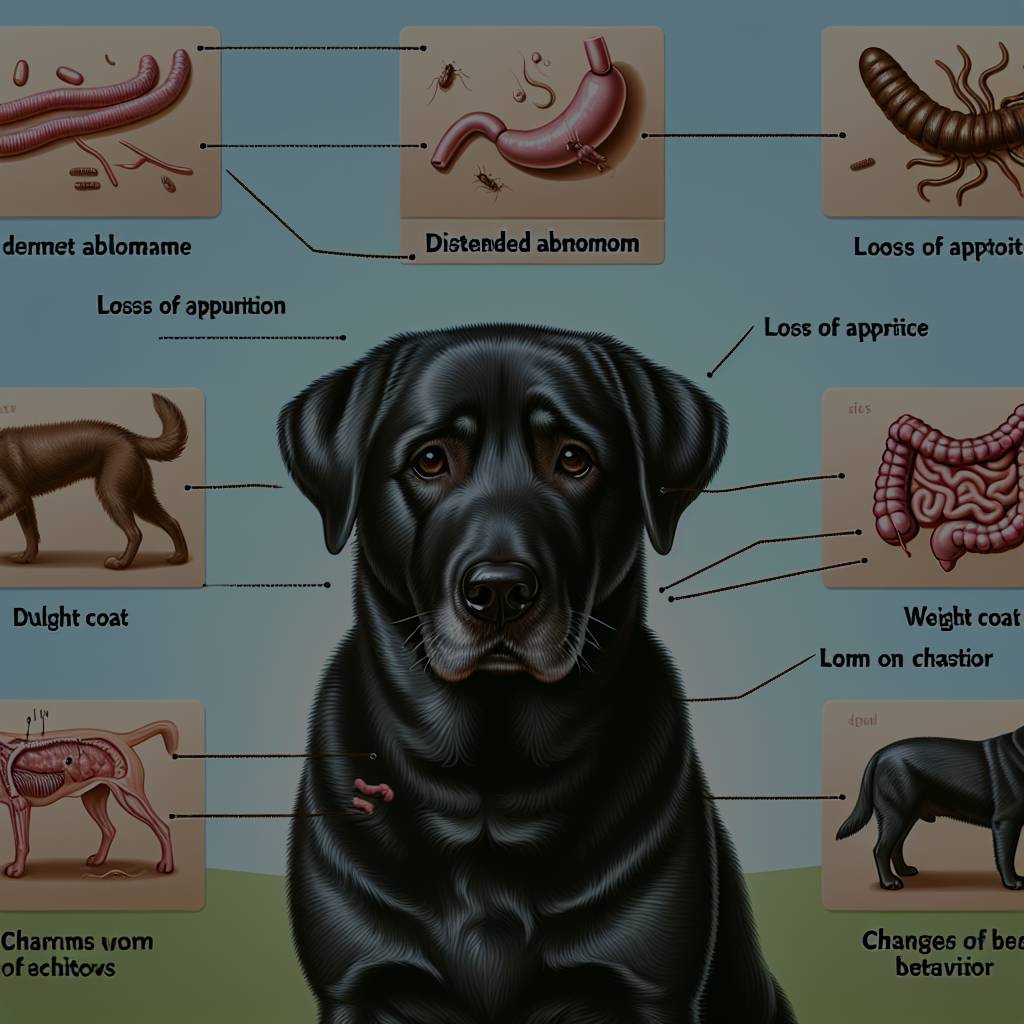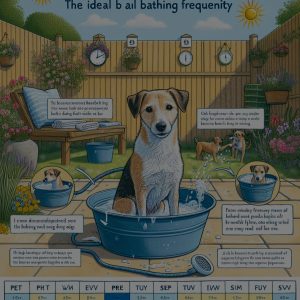
Worm infestations are a common health issue that can affect dogs of all breeds and ages. Recognizing the symptoms of worms in your furry friend is crucial in ensuring their well-being and getting them the necessary treatment. In this article, we will discuss the signs of worms in dogs, common symptoms of worm infestations, and how to spot worms in your canine companion.
Understanding the signs of worms in dogs
Worms are parasites that can live in the intestines and other parts of a dog’s body, causing a range of health problems. Understanding the signs of worms in dogs is essential in detecting and treating them early. Some common signs of worms in dogs include vomiting, diarrhea, weight loss, scooting, bloated belly, and visible worms in their feces or around the anal area. It is important to note that some dogs may not show any symptoms at all, making regular check-ups and preventive care essential.
Common symptoms of worm infestations
There are several common symptoms that may indicate a worm infestation in dogs. These symptoms can vary depending on the type of worms present and the severity of the infestation. Some of the most common symptoms include lethargy, weakness, coughing, respiratory issues, changes in appetite, and a dull coat. If you notice any of these symptoms in your dog, it is important to consult your veterinarian for a proper diagnosis and treatment plan.
How to spot worms in your furry friend
Spotting worms in your furry friend can be challenging, especially if they do not show any visible symptoms. However, there are a few signs you can look out for to help identify a potential worm infestation. Check your dog’s feces regularly for any signs of worms, such as small white segments or entire worms. You may also notice worms around the anus or in your dog’s bedding. Additionally, keep an eye out for changes in your dog’s behavior or appearance, as these can also indicate a worm infestation.
By recognizing the symptoms of worms in your dog and taking prompt action, you can help ensure their health and well-being. Regular check-ups, a balanced diet, and preventive measures can all play a significant role in keeping your furry friend worm-free. Remember to consult your veterinarian if you suspect your dog may have worms, as they can provide the necessary treatment and guidance to help your canine companion recover.










